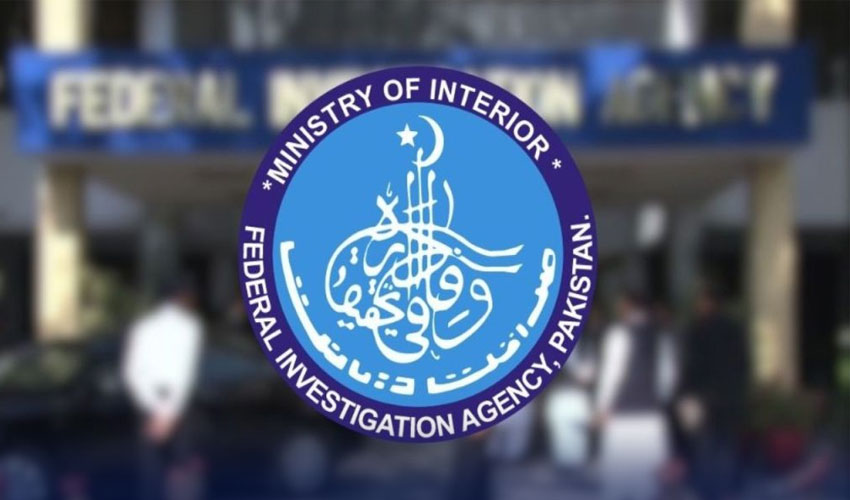The Federal Investigation Agency (FIA) successfully dismantled a human trafficking network at Karachi Airport, exposing an Indian-backed plan to facilitate illegal migration to Europe.
In a statement, the FIA revealed the arrest of four suspects: Hasib Ahmed, Qaiser Ahmed, Usman Ali, and their agent Abdul Shakur. Evidence found on Shakur’s mobile phone indicated connections with an Indian operative, Gautam Sharma, who had devised a scheme to transport the suspects from Azerbaijan to Poland.
Shakur reportedly charged Rs1.4 million per person, with each suspect paying an advance of Rs250,000. Following their apprehension, the individuals were handed over to the Anti-Human Trafficking Unit in Karachi for further investigation.
The FIA also highlighted the broader issue of illegal migration, reporting that over 10,000 Pakistani citizens attempting to migrate unlawfully were arrested in Iran between January and mid-December 2024. Most entered Iran through unregulated routes in Balochistan and were later handed over to Pakistani authorities at the Taftan border in Chagai district.
The agency noted that both Pakistanis and Afghans use these routes to seek opportunities in Europe, often facing arrest in Iran. In 2024, the number of Pakistanis detained in Iran rose to 10,454, surpassing the 8,272 arrests recorded in 2023. Between 2020 and 2024, over 62,000 Pakistanis were apprehended for illegal entry into Iran.
Many of the detainees hail from Punjab, while five border districts in Balochistan—Chagai, Washuk, Panjgur, Kech, and Gwadar—serve as key transit points for human traffickers. Officials reported a shift in migration routes, with fewer individuals crossing through Kech and Gwadar due to militant activity, opting instead for Chagai and Washuk.










